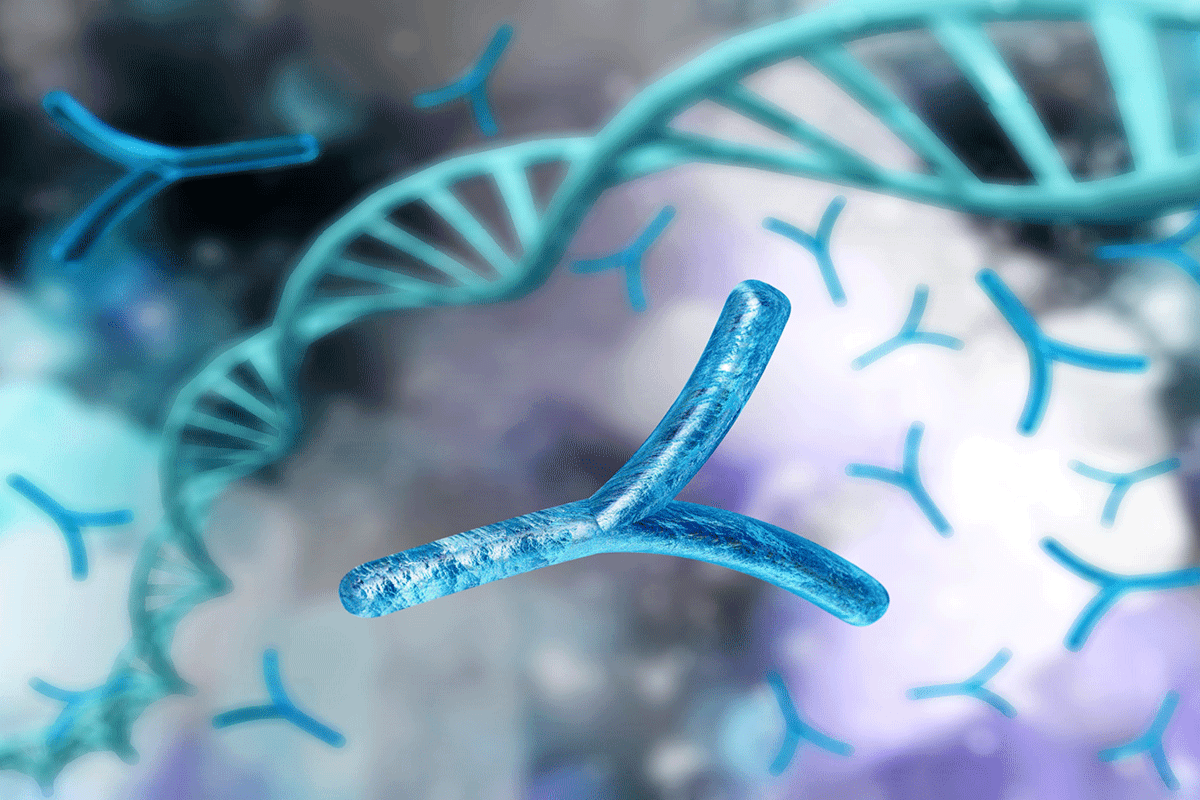A new study, lead by Dr. Florian Herse, has demonstrated that preeclamptic women contain lower levels of placenta’s immune protein CD74 and higher levels of certain inflammatory factors, which is responsible for abnormal placenta formation during pregnancy. The fetus receives nourishment from mother through the placenta. Preeclampsia happens when there is disrupted placental growth and is manifested as high blood pressure, water retention and protein in urine. It can also affect fetal growth and development.
Preeclampsia has been nicknamed “the disease of theories” as its exact cause is yet unclear. Published in the Circulation, the study performed translational research using human subjects, cell cultures and animal models; applied comprehensive methodology to get robust results and provided solid evidence of correlation between CD74 receptor protein of immune cells and preeclampsia. The CD74 receptors are found on active large phagocytic cells (macrophages) in the placenta, which interact with and stimulate other placental cells (trophoblasts). Scientists, in preparatory research, identified fewer than expected CD74 receptors on placental macrophages in preeclamptic women. Researchers then went in depth and restrained CD74 receptor production on placental macrophages in cell cultures and observed that the cells produced pro-inflammatory factors in response.
Further, the structures of placentas in mice without CD74 receptor protein were disrupted and less functional than in control mice. Based on this finding, the study emphasizes that interrupted macrophage-trophoblast interaction is the underlying cause of inflammation and abnormal placental growth and that this interaction should be perfect during pregnancy to avert the occurrence of preeclampsia.





